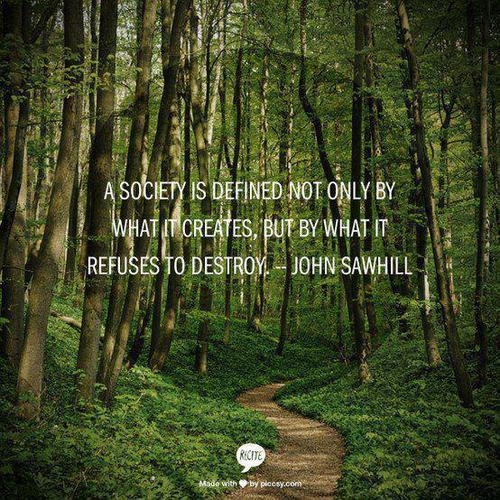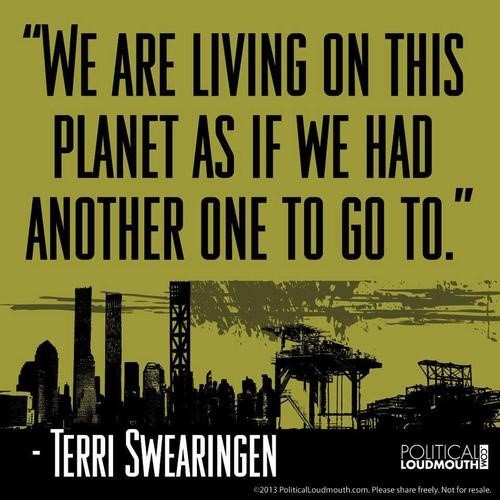Now that you’ve learned the basics of the three main forms of pollution, do your part to help preserve our world for the future. Every action has the potential to make a difference.
- Instead of driving alone, carpool, ride the bus, walk or bike to work. Every 25 miles you don’t drive prevents a pound of pollution.
- Switch to solar energy to heat your home.
- Choose eco-friendly lawn care products. If using chemicals, follow the package instructions for use and disposal.
- Plant trees in your yard to promote clean air.
- Start your own compost pile in your backyard to create rich soil from food and plant waste.
- Install low flow shower heads to reduce water use by 1.5 gallons a minute.
- Fix leaky faucets immediately to conserve water; a dripping faucet can waste over 20 gallons of water a day.
- Pack groceries in reusable canvas bags instead of plastic.
- Buy products in bulk to decrease the amount of packaging that ends up in landfills.
- Buy local, organically grown foods whenever possible to reduce the amount of pesticides used on crops.
- Run the dishwasher only when full.
- Bring your lunch to work in reusable containers instead of disposable ones.
- Turn off the lights whenever you leave a room to save energy.
- Wash only full loads of laundry and use cold water when possible.
- Line dry clothing to save energy.
- Recycle everything that you can, including newspaper, glass, plastic bottles, cardboard, mixed paper and aluminum.
- Purchase products containing recycled content materials. 1
For more pollution prevention tips, visit the U.S Environmental Protection Agency’s website.
Looking for other ways to help? Donate to the World Wildlife Fund and join the global effort to protect nature.


- “Pollution Prevention Tips,” University of Oregon, Accessed December 12, 2014, http://zerowaste.uoregon.edu/Pollution_Prevention.htm. ↩
